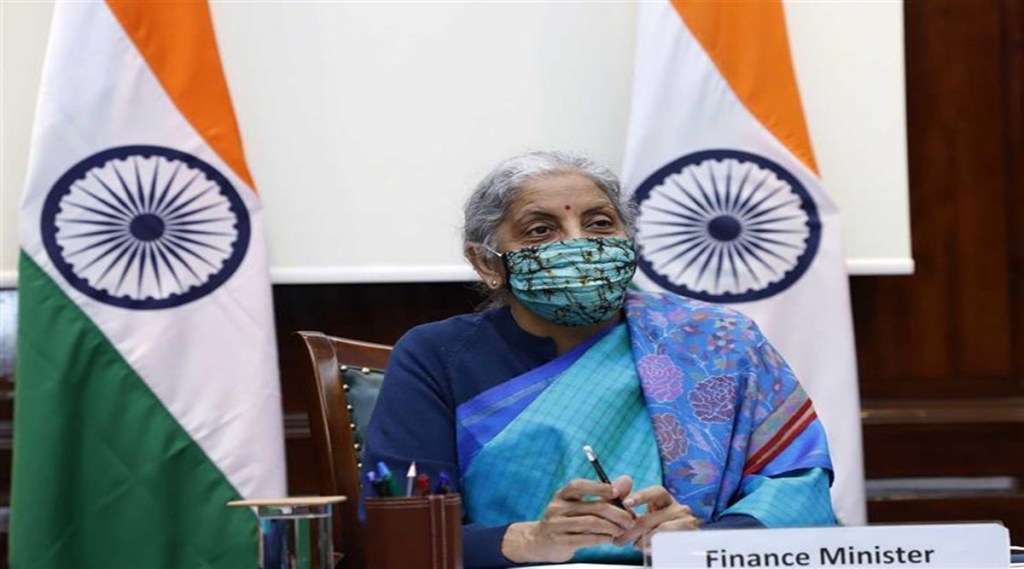In the Union Budget 2022 speech, Finance Minister Nirmala Sitharaman announced to allocate Rs 19,500 crore to boost manufacturing of solar modules under the government’s flagship Production Linked Incentive scheme. She further mentioned that the scheme has potential to create 60 lakh new jobs and additional production of 30 lakh crore jobs during next five years. “To facilitate domestic manufacturing for ambitious goal of 280 GW of installed solar capacity by 2030, additional allocation of Rs 19,500 cr for PLI for manufacturing of high-efficiency modules with priority to fully integrate manufacturing units to solar PV modules will be made,” said FM in her speech.
“In a major push towards Solar Power and Energy Efficiency, allocation of additional boost of 19500 cr in Manufacturing of solar modules shall provide significant growth to the module manufacturing industry,” said Amit Agarwal, Partner, Nangia Anderson LLP.
“Solar energy capacity addition in India has been slower than expected. One of the challenges in capacity augmentation in India has been the import dependence on solar modules. The announcement of a PLI scheme of Rs 19,500 cr for indigenous manufacture of solar PV modules will not only ease supply constraints but also promote private sector investments,” said Suman Chowdhury, Chief Analytical Officer, Suman Chowdhury, Chief Analytical Officer.
Earlier, the Finance Minister already announced an outlay of Rs 1.97 Lakh Crores for the Production Linked Incentive (PLI) Schemes across 13 key sectors, to create national manufacturing champions and generate employment opportunities for the country’s youth. The government first announced three schemes in March 2020, while 10 new PLI schemes were introduced in November 2020. Sectors that have been covered include electronics manufacturing, Automobiles & Auto Components, Speciality steel, Textile, Drone and drone components, Pharmaceuticals drug, Telecom and Networking, among others.
“We welcome the additional PLI allocation of INR 19,500 crore for manufacturing high-efficiency solar modules for the existing wait-listed PLI bidders. This will strengthen the domestic solar manufacturing ecosystem, thereby reduce our import dependence, create jobs, attract investments and enable the Make in India vision. Additionally, the sovereign green bonds will boost green infrastructure development which will help in meeting India’s carbon emission reduction targets. Green bonds will also enable international yield curve for Indian corporates leading to better pricing for bonds. The battery-swapping policy with interoperability standards will boost the Electric Vehicle (EV) ecosystem,” said Gyanesh Chaudhary, Vice Chairman & Managing Director, Vikram Solar Ltd.

